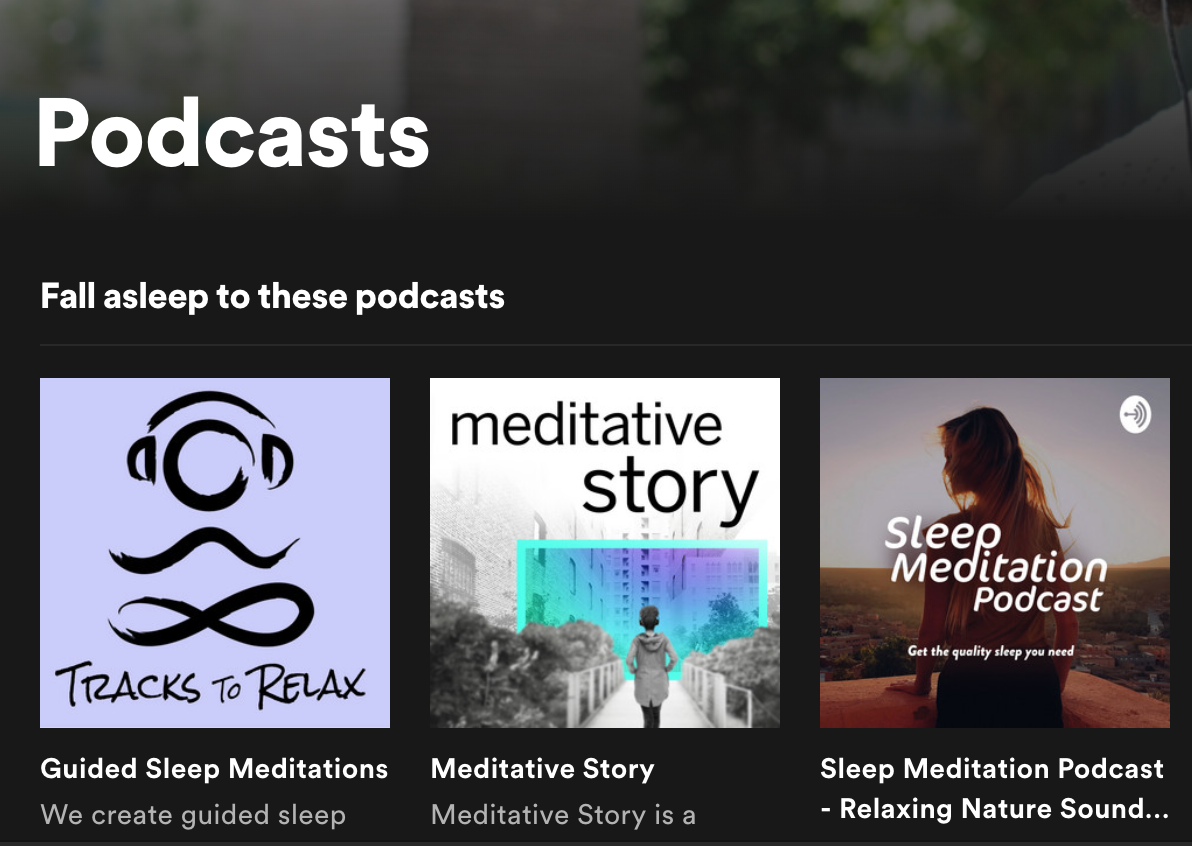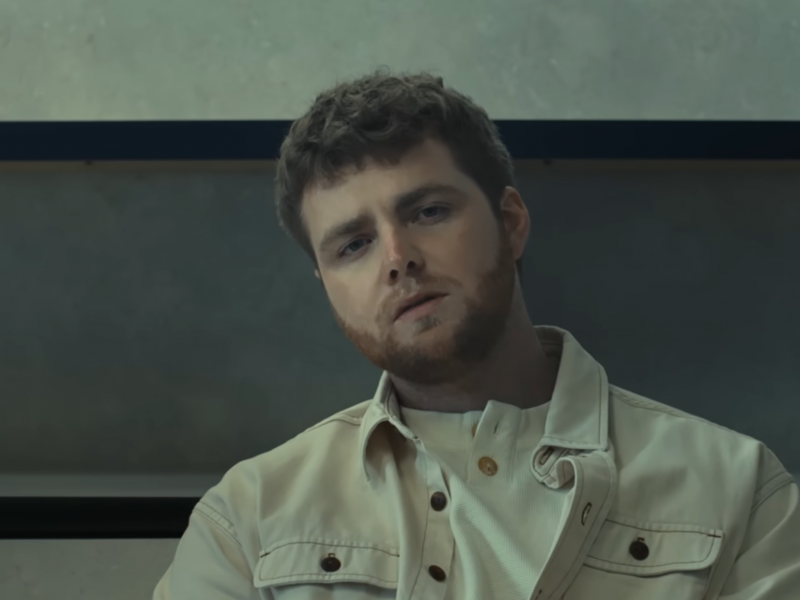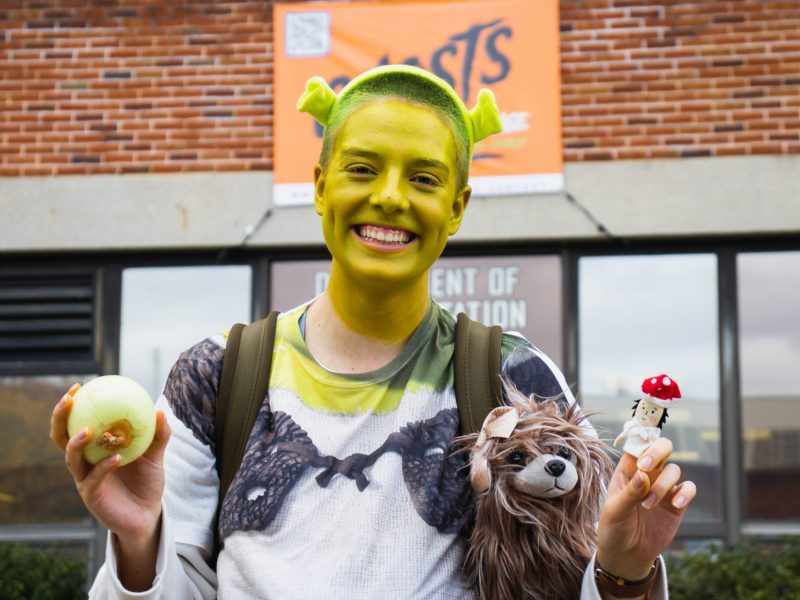This semester, I’m in JOUR364: Radio Broadcasting. We don’t have many assignments, but we do have to fill out a listening log every week. We’re supposed to listen to 30 minutes of radio or podcasts, which should be easy, right?
Wrong. It had to be a different podcast each week.
I’ve spent the semester exploring new stuff that, up until now, I didn’t even know existed. Did you know there is a biweekly podcast called Racist Sandwich, where the hosts talk about how food can be political? Me neither, but it’s out there, and I listened to one episode of a phone interview with a man cooking in his prison cell in France.
And it was in that moment, I realized just how big of a storytelling format podcasting is. It seems like just about everyone out there is listening or creating. My dad even mentioned that he wanted to get into the business. (His idea is a cross between The Morning Toast and The NPR Politics Podcast.)
It doesn’t seem like anyone listens to regular ole radio with this much passion. So why is podcasting today’s hottest market?
[Read more: The Weeknd brings us into an unexpected universe with his two new songs]
In the past, I hadn’t been exactly well-versed in different podcasts. But this year I made the switch to Spotify from Apple Podcasts and it made a world of difference. Immediately, hundreds of thousands of podcasts were available to me.
Whether I needed to hear today’s latest news on The Daily or two girls talk about their sex lives on Call Her Daddy or an angel’s voice talk about social injustice on Cry Power Podcast with Hozier and Global Citizen, it was all there for me. But Spotify is taking this trend even further.
“Based on radio industry data, we believe it is a safe assumption that, over time, more than 20% of all Spotify listening will be non-music content,” Spotify founder and CEO Daniel Ek wrote about the medium earlier this year. Spotify realized its own potential in the podcasting industry, and spent hundreds of millions on acquiring two podcasting businesses — Gimlet and Anchor – back in February.
Then, in August 2019, Spotify officially released Spotify for Podcasters, where people can submit their own podcasts to be launched on the platform if they are hosted with one of Spotify’s aggregator partners and OG podcasters can claim their shows to look at engagement analytics and insights, such as followers, number of streams and average listening time.
[Read more: Why are low-rise jeans still a thing?]
Spotify also works with celebrities such as Jordan Peele and Mark Wahlberg. On top of that, the platform cut a deal with Michelle and Barack Obama for a rumored $10 million, which Spotify can afford because it doesn’t actually pay for the podcasts it streams — each podcast has its own advertisements.
Spotify has a lot of work to do to accomplish its goals, but it has the potential to become the largest podcasting platform and beat out Apple. With these celebrity signings, Spotify might become the Netflix of audio streaming with its own original podcasts.



